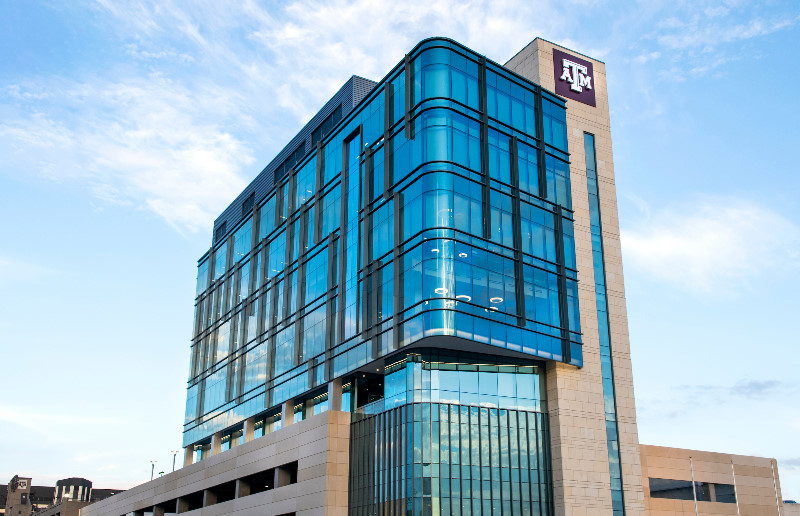Head, Neck and Oral Cancer
We offer comprehensive, specialized care for patients with benign and malignant oral, head and neck cancer. Our surgeons remove head and neck tumors including the mouth, face, jaw, tongue, pharynx (throat), larynx (voice box), thyroid gland, and salivary gland tumors.
Our surgeons offer interdisciplinary specialization in head and neck cancer treatment and reconstructive surgery including head and neck surgeons, microvascular surgeons, maxillofacial surgeons, maxillofacial prosthodontists, general dentists, and medical and radiation oncologists.
What Happens After Diagnosis?
Patients with evidence of a tumor, either through biopsy or x-ray, will go through an initial visit involving a complete evaluation by a head and neck cancer surgeon, including additional diagnostic procedures such as fine needle aspiration, open biopsies, CT scans and MRI studies. During this time the patient is educated about his or her diagnosis so that an informed decision can be made together for optimal treatment outcomes.
Once the data is collected, treatment begins, which may include surgery, radiation alone, or a combination of surgery and radiation, and in some cases chemotherapy. Clinical trials for chemotherapy preventative agents and emerging surgical techniques are made available for appropriate patients.
We specialize and focus on reconstructive rehabilitation of patients with functional and cosmetic defects as a result of ablative surgery. Microvascular free flaps and osseointegrated implants are routinely utilized to restore patients’ ability to swallow, speak and chew normally, and to maintain normal appearance. Whenever possible, our surgeons will place dental implants and work closely with the patient’s general dentist to optimize dental rehabilitation. Many head and neck surgeons around the country work with great dentists in their efforts to reconstruct an ablative defect following oral cancer surgery, but here, we are dentists as well as medical doctors. This means that there is a difference in planning the surgery, the accuracy of the reconstruction and final result when the surgeon who plans and performs the surgery is able to view this problem from the dual viewpoint of a head and neck/reconstructive surgeon and as a dentist.
Post-operative care is geared towards monitoring the patient for recurrence of tumors with frequent follow up visits for the first two years after surgery, and every three months up to five years. Five years after surgery, we see our patients annually.
Head, Neck and Oral Cancer Care Locations
Related Services
Dental Implants
The most contemporary form of tooth replacement, dental implants are small titanium posts, which are inserted into the jawbone where teeth are missing and act as root substitutes.
Wisdom Teeth Removal
The removal of wisdom teeth is necessary when they are prevented from properly growing in, as poorly positioned, impacted teeth can cause many problems.
Cosmetic Surgery
Our surgeons can improve facial aesthetics by performing eye lifts, cheek augmentation, forehead and brow lifts, chin augmentation, nasal surgery, facelift and liposuction.
Obstructive Sleep Apnea and Snoring
Skeletal surgical correction for sleep apnea through maxillomandibular (upper and lower jaw) advancement is more than 95 percent effective in its ability to significantly enlarge the upper airway and limit obstruction.
Non-Surgical Cosmetic Treatments
We provide a number of non-surgical cosmetic treatments to help our patients quickly and easily achieve facial rejuvenation, and to augment any of the surgical aesthetic procedures we provide.
Facial Trauma And Reconstruction
Our specialists can perform a range of facial reconstructive surgeries to help you recover from varying degrees of facial trauma.




